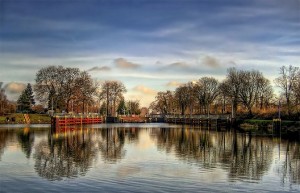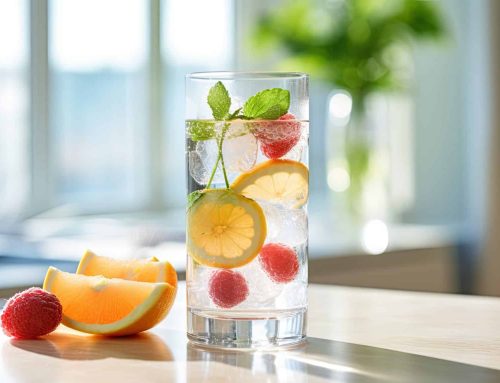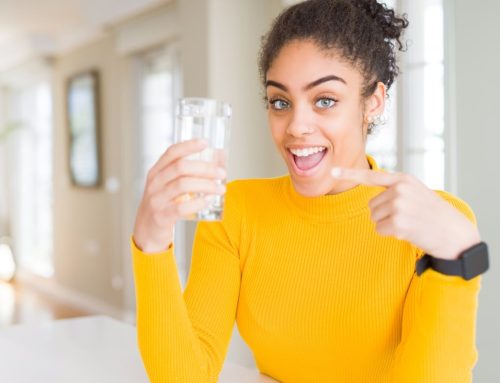 Britain, the land that is globally famous for its frequent rains, showers, and drizzles is also a place that is seeing more frequent droughts and subsequent water shortages. So far water for consumption by the public has not yet been in short supply, but that is not to say that this will always remain so.
Britain, the land that is globally famous for its frequent rains, showers, and drizzles is also a place that is seeing more frequent droughts and subsequent water shortages. So far water for consumption by the public has not yet been in short supply, but that is not to say that this will always remain so.
As the UK is an island, there is no water that flows in from another country, and precipitation levels fluctuate from year to year, lately even more so due to climate change. Add to this the fact that groundwater resources are far lower than surface water flows, which means that most (around 68%) of the tap water in the UK originates from surface sources such as reservoirs, lakes, and rivers. The rest of the water that comes out of our taps comes from aquifers.
Where your water comes from depends in which part of the UK you live, but one thing is for sure; it always comes from a natural resource, which is why the quality of the drinking water in the UK is so good.
In various other parts of the wold, at least some of the tap water comes from wastewater which has been treated and recycled. The UK does not currently recycle water, and hopefully it will not be necessary for a long time, but there is nothing to say that this will never happen.
Drinking water in the UK basically gets to your tap via a standard system of withdrawing it from source; reservoirs, rivers, or aquifers; treating it to eliminate any toxins or contamination and to comply with strict local and international quality regulations and piped straight to consumers. Used water is collected, treated and cleaned as wastewater and sent to the ocean.
If you are still not satisfied with your local tapwater, or it tastes or smells of fluoride, it is a good idea to invest in a water cooler with a good filter that can provide you with sufficient drinking water for your needs virtually 24/7.





